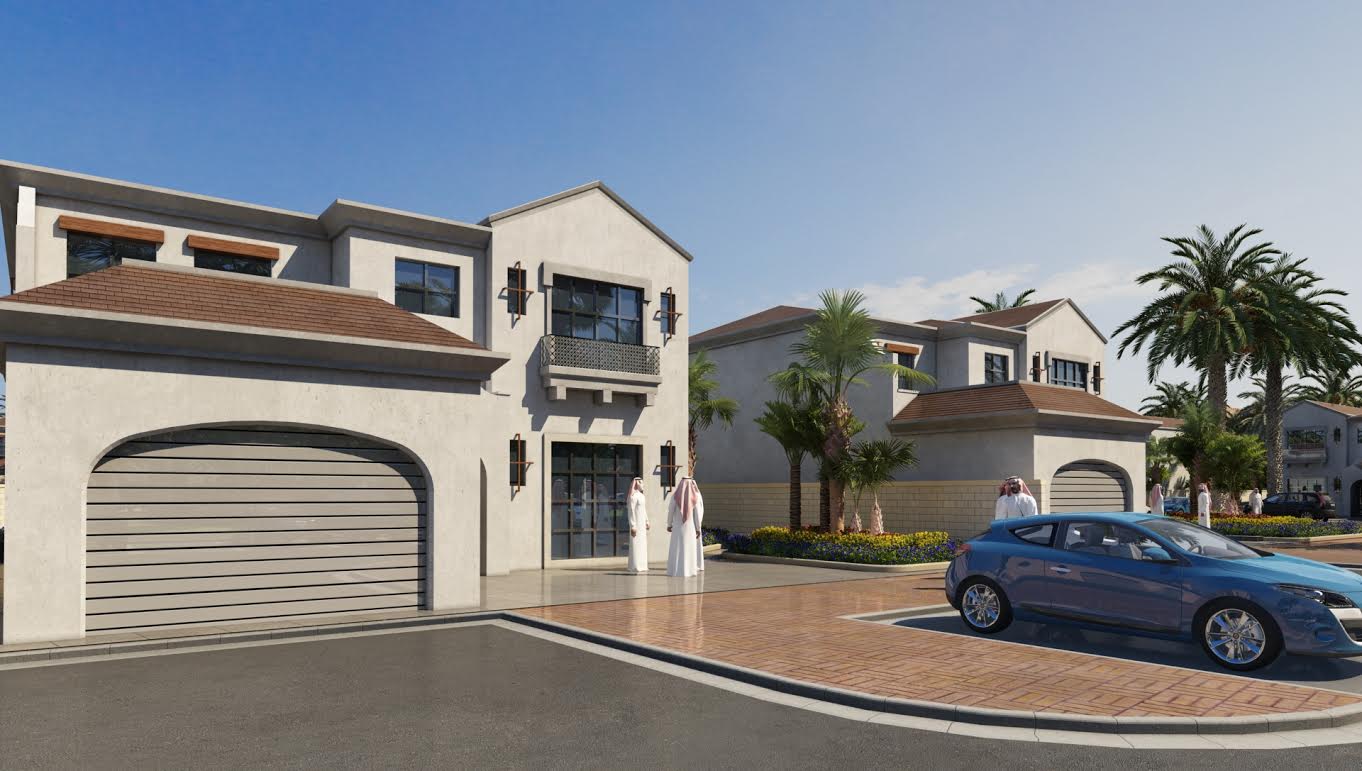If your job is relocating you to the United Arab Emirates, buying a home there can be confusing because of how the governments are structured. The UAE consists of seven autonomous emirates, or states: Dubai, Abu Dhabi, Sharjah, Ras Al Khaimah, Fujairah, Umm al Qaiwan, and Ajman. Along with each emirate’s regulations for the sale of property, there are also federal regulations you’ll have to deal with.
Locating Properties
Although your company may have a real estate agency with which they work to relocate their employees, you can start looking for a UAE property right away from your home. Just as you would for a property in the United Kingdom, you can go online to search for homes to buy or rent. There are many sites specifically listing properties in the UAE, and you can filter them for the emirate or the city in which you would like to reside.
When you start shopping for properties, you will find everything from large luxurious estates to small apartments, depending on the area in which you’re looking. The UAE is a very modern region with many new developments. If you’re looking for an apartment or home with a view of the Persian Gulf, you should be able to find one as some of the emirates, such as Dubai, have freeholds along the gulf.
Purchasing Properties
The process for buying or renting a home isn’t much different than it is in the UK. Once you’ve found a property, you’ll put in a formal offer on it, usually with the help of an agent. If the offer is accepted, you’ll need to pay a downpayment of 5% to 15% of the agreed upon price, in addition to a transfer fee of 1% to 7% and estate agent fees of 2% to 3%.
Emirate Regulations
Usually when you’re being transferred for a job, you’ll know which UAE emirate you will be moving to. Knowing which one you’ll be moving to is important because each emirate has its own regulatory agency that you’ll need to contact to make sure the developer of a property you like is approved. However, before you start shopping for properties, it is important to find out if, as a foreign investor, you’re allowed to own property within the emirate where you’ll be residing.
UAE federal law does not allow for foreign ownership of property, but the emirate where you’ll be living may allow it within designated areas. For instance, in Dubai, foreigners can buy or lease properties within government designed freehold areas. Abu Dhabi allows for foreign ownership and leasing in designated areas as well.
If you are relocating to an emirate in the UAE, do some research on where you would be allowed to own or lease properties before you start searching for a new home. You will save yourself a lot of time and trouble by doing so. Then, if your company doesn’t have a real estate agency they work with, find an agent to help with transactions once you find a property.



